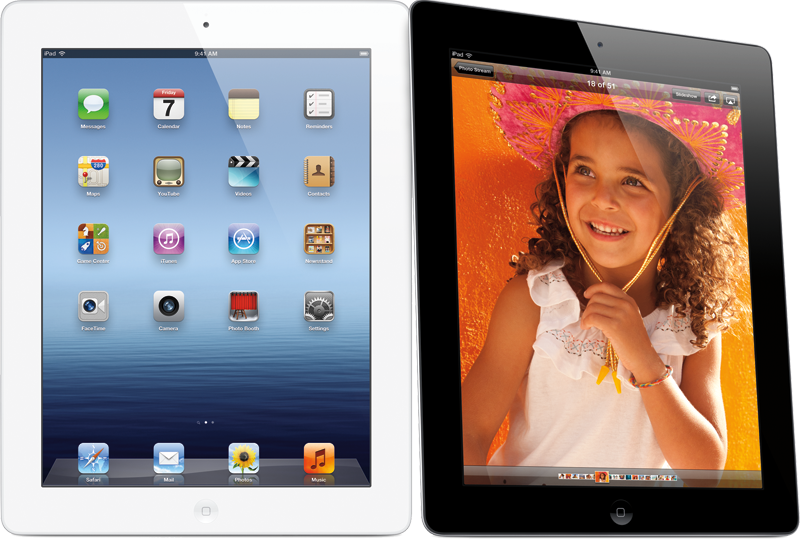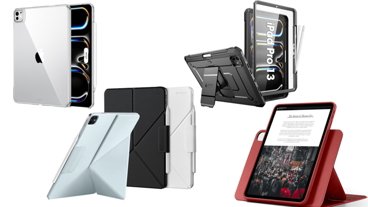FAA's 'fresh look' at devices may allow iPad use during takeoff & landing
The FAA plans to explore allowing the use of tablets e-readers and other devices on planes according to The New York Times. The FAA is not, however, interested in allowing fliers to be able to use smartphones in flight.
"With the advent of new and evolving electronic technology, and because the airlines have not conducted the testing necessary to approve the use of new devices, the FAA is taking a fresh look at the use of personal electronic devices, other than cellphones, on aircraft," said Laura J. Brown, deputy assistant administrator for public affairs at the FAA.
While the administration is looking into the possibility of relaxing rules for the use of Apple's iPad, any changes are unlikely to come soon. That's because FAA rules require that each model of a device be tested on a separate flight with no passengers on the plane for each carrier.
That would leave testing to be done with the first-generation iPad, iPad 2, and the new iPad, as well as every version of the Amazon Kindle. And each device would have to be tested on every different model of plane in a carrier's fleet.
While passengers cannot currently use their iPad during takeoff and landing, Apple's touchscreen tablet has been approved for use as an electronic flight bag by pilots. Use of the iPad can allow pilots to replace their cumbersome 40-pound paper manuals with Apple's thin and light tablet.
Now, major companies like American Airlines have begun to use the iPad in the cockpit, thanks to the FAA's exception to its rules on "class 1" electronic devices being used during takeoff and landing.
When the first iPad was released in 2010, the U.S. Transportation Security Administration decided that fliers who bring an iPad through security would be able to leave the device in their bag without removing it and placing it in a separate bin. Larger laptops with more components must be removed so they can be adequately analyzed when passing through an airport security checkpoint.
 Katie Marsal
Katie Marsal














 Amber Neely
Amber Neely
 Thomas Sibilly
Thomas Sibilly
 AppleInsider Staff
AppleInsider Staff
 William Gallagher
William Gallagher
 Malcolm Owen
Malcolm Owen
 Christine McKee
Christine McKee










45 Comments
Hasn't it been shown that none of these devices conflict with anything, anyway? And if it's so crucial that nothing is interfered with, why doesn't the wiring have proper shielding?
I thought the main reason for disallowing gadgets at take off and landing is to have passengers (full) attention at these relative critical phases of a flight. The interference question seems mostly to be mythical.
I thought the main reason for disallowing gadgets at take off and landing is to have passengers (full) attention at these relative critical phases of a flight. The interference question seems mostly to be mythical.
Oh, that makes sense. But it could be solved by louder attention sounds and more prominent lights to grab attention for real emergencies.
I thought the main reason for disallowing gadgets at take off and landing is to have passengers (full) attention at these relative critical phases of a flight. The interference question seems mostly to be mythical.
I don't think it was mythical so much as precautionary. Saying, no CE will interfere with the plane is not the same as no CE we're aware of will interfere with the plane. As the saying goes, "err on the side of caution."
Oh, that makes sense. But it could be solved by louder attention sounds and more prominent lights to grab attention for real emergencies.
Once there is an emergency there is no time for instructions and demonstrations. They want you to pay attention to the precautions and safety instructions. Also as a courtesy to others who would appreciate that you paid attention to the drill in case their own safety depended on your preparedness for follow instructions. Also they want to eliminate the potential for flying projectiles in an emergency so put away your small metallic devices.
Some people around here, once evacuated might go back into a burning airplane to rescue their Apple device.